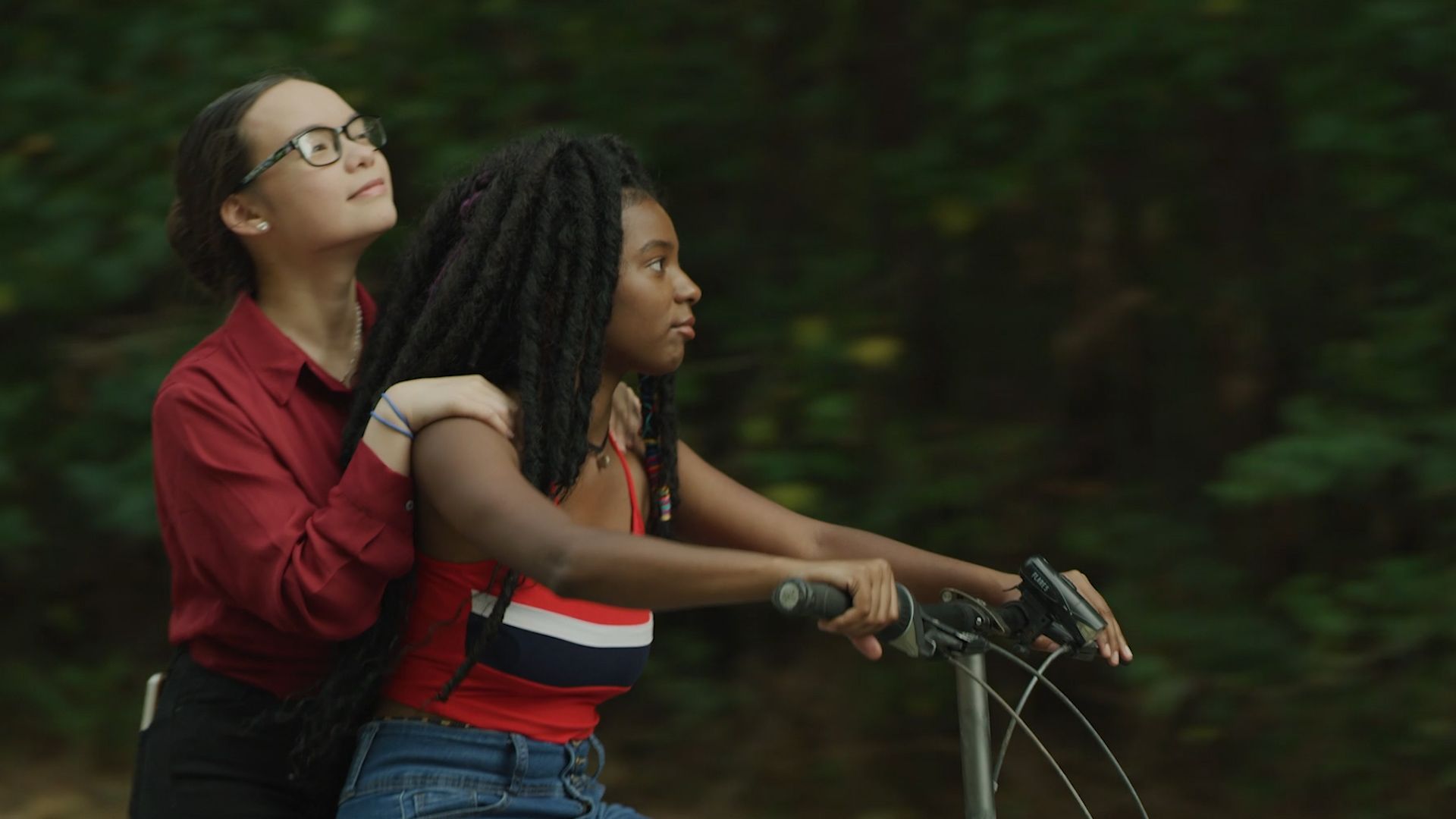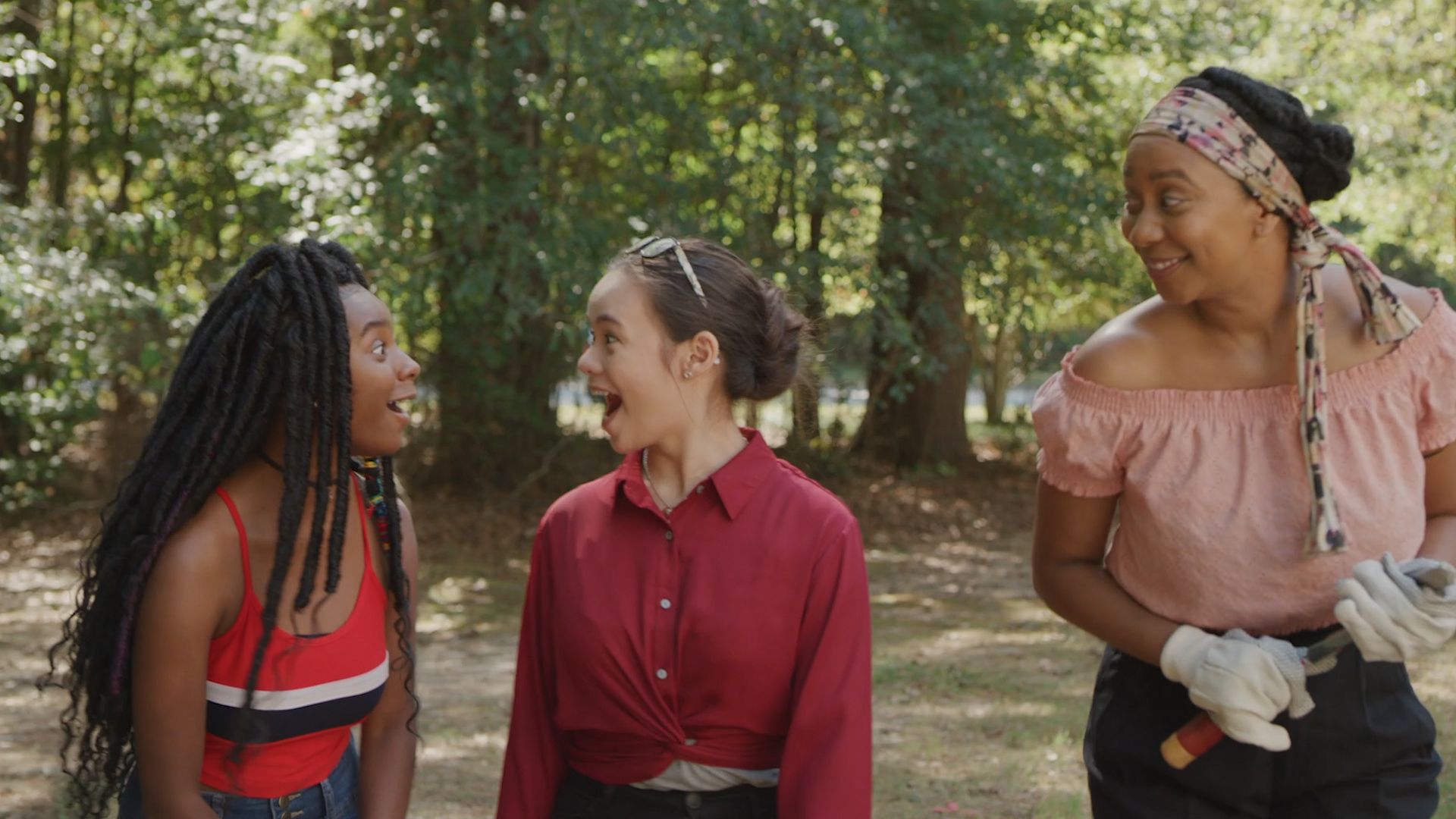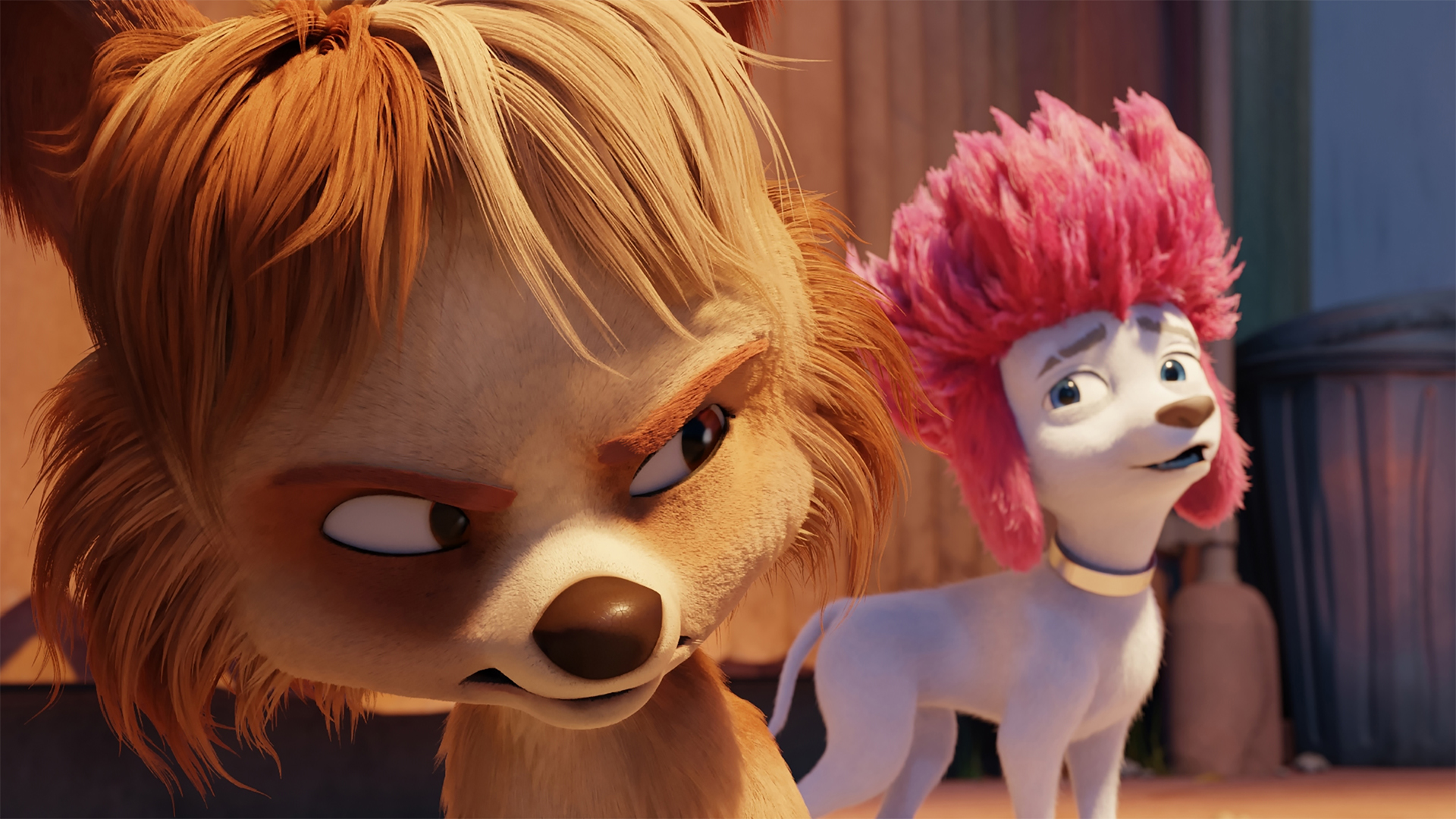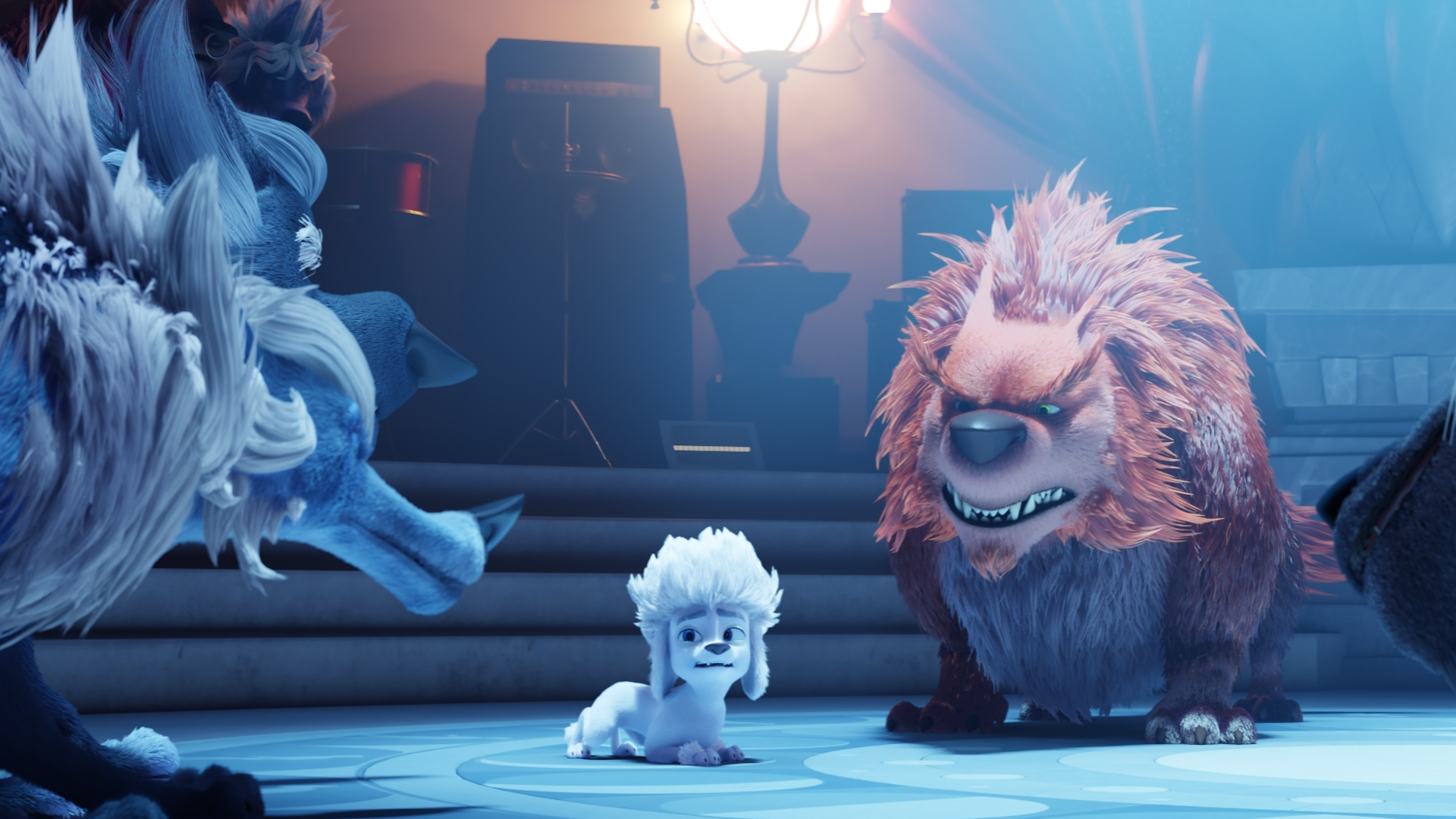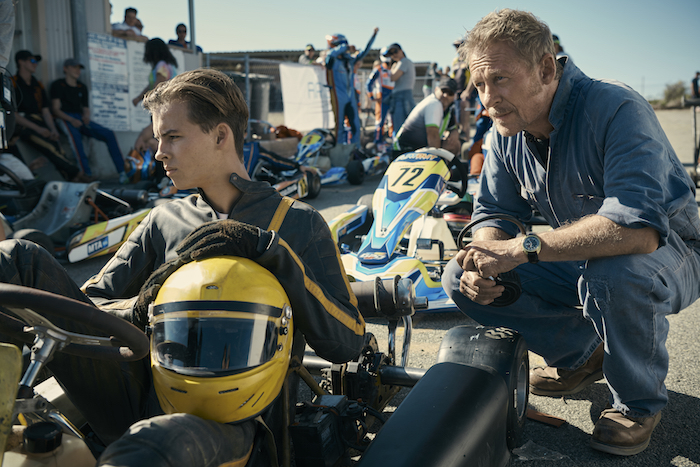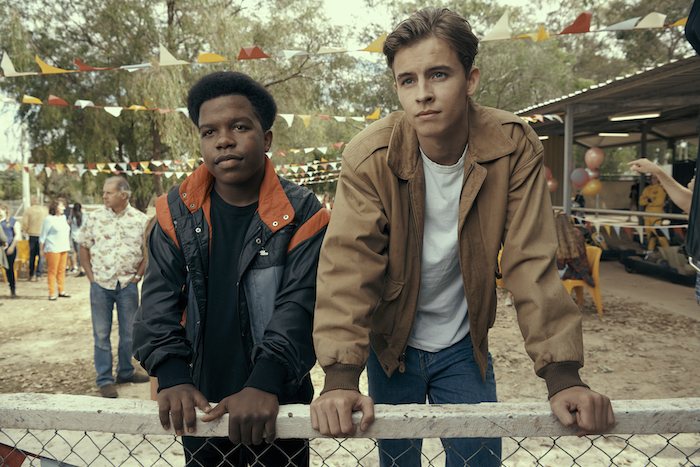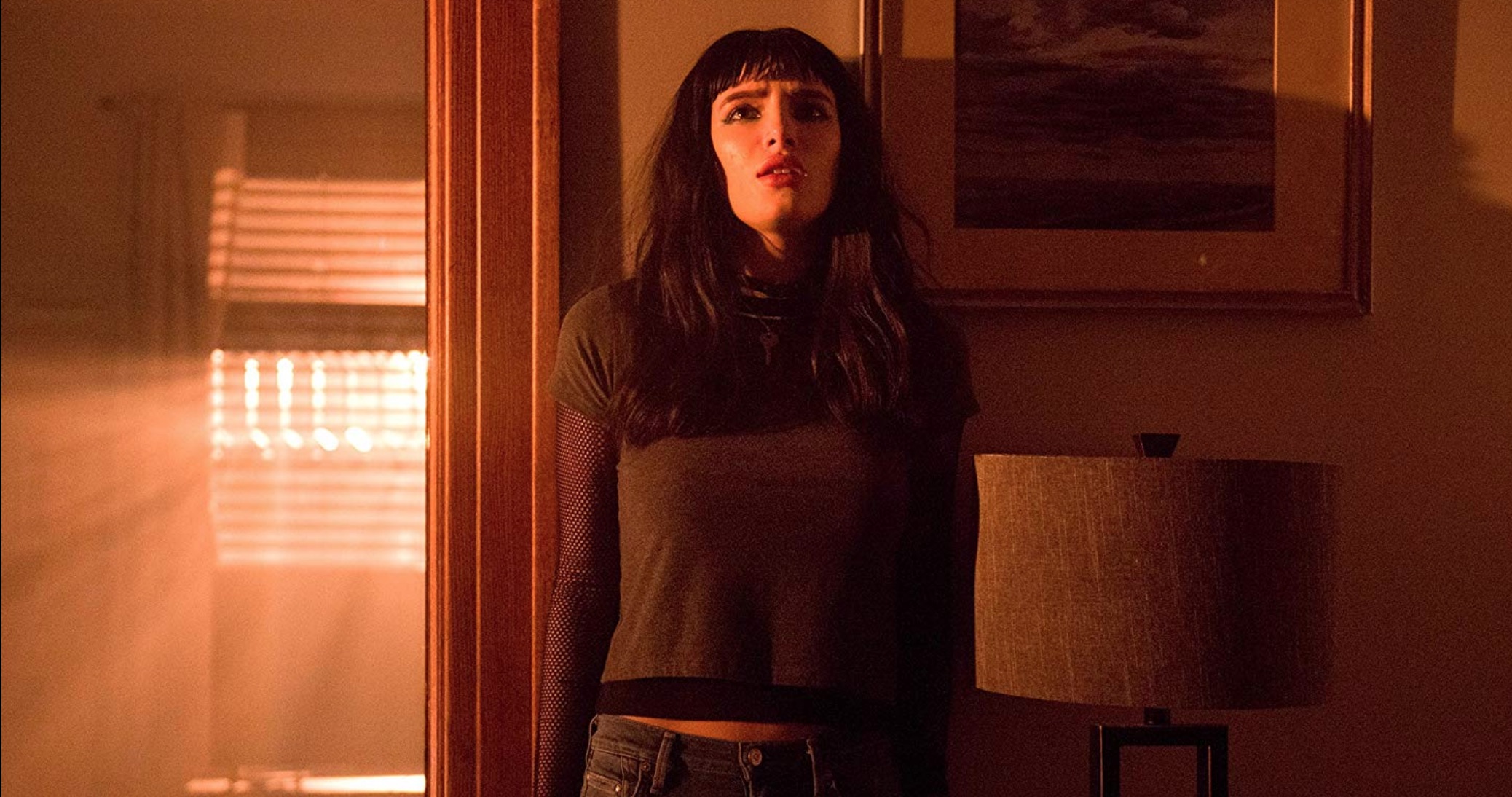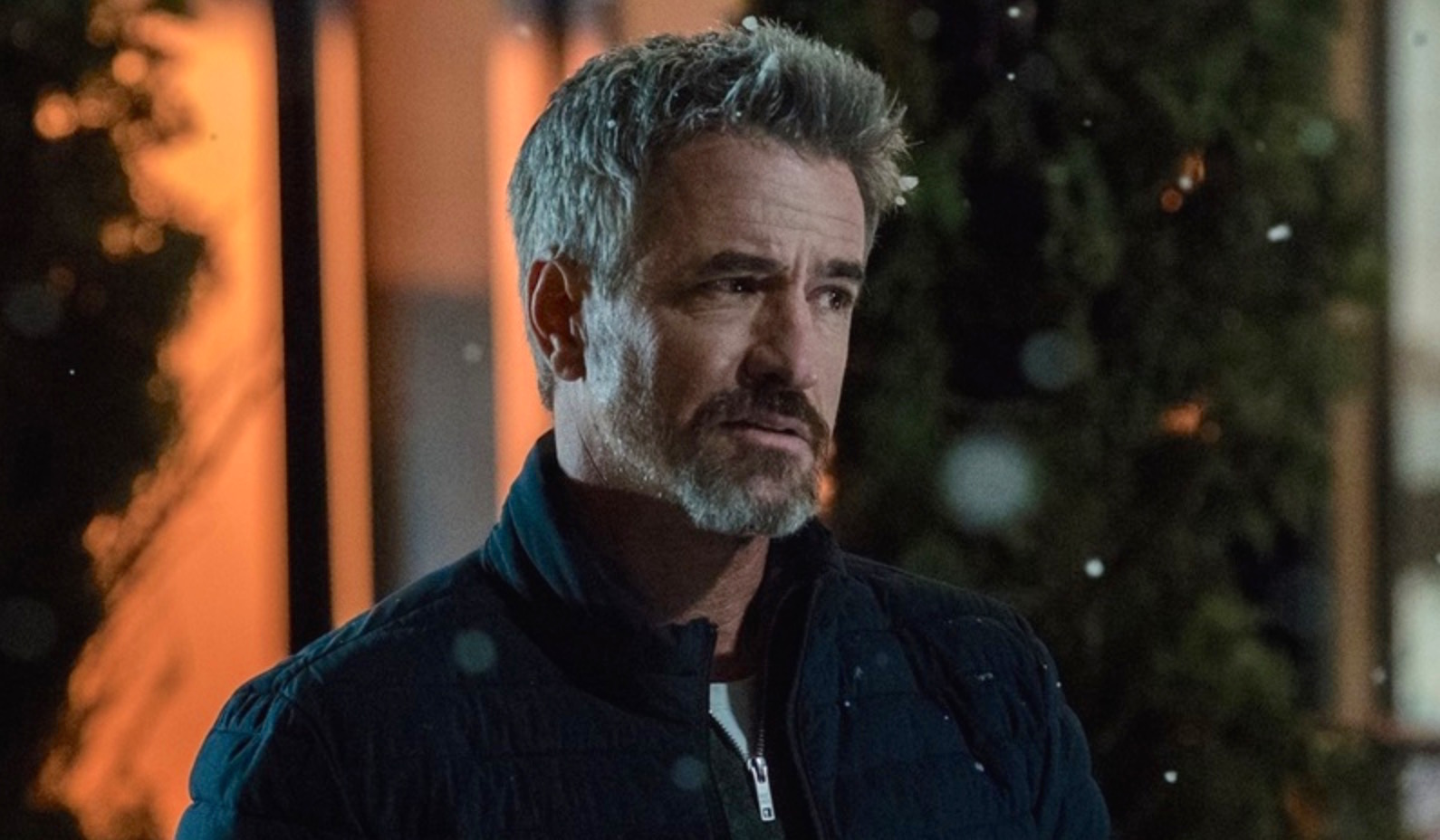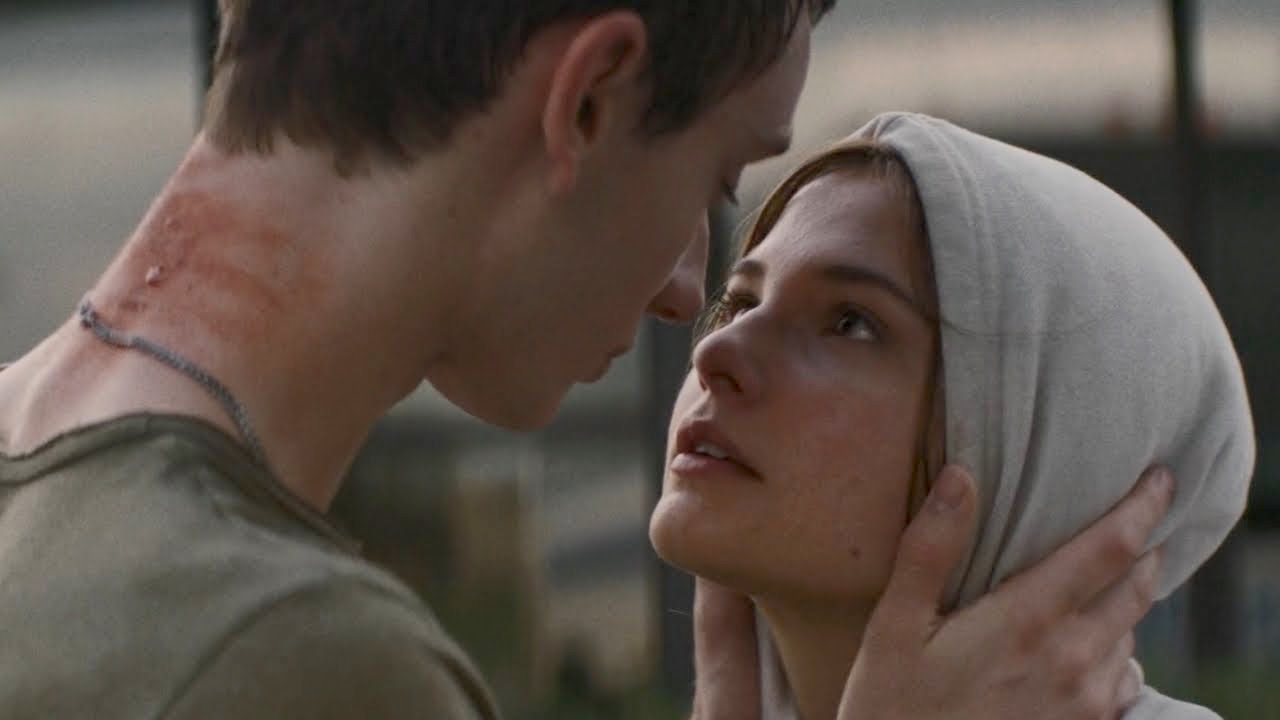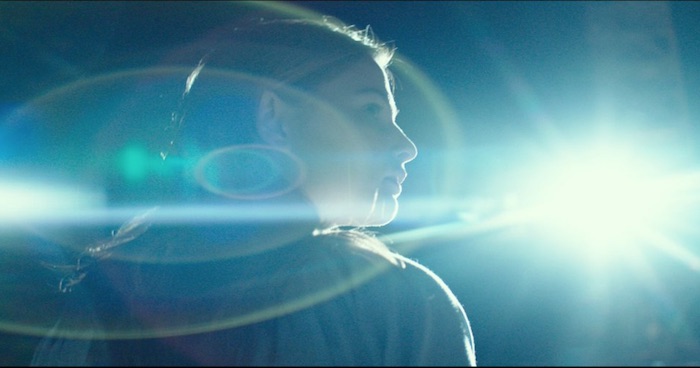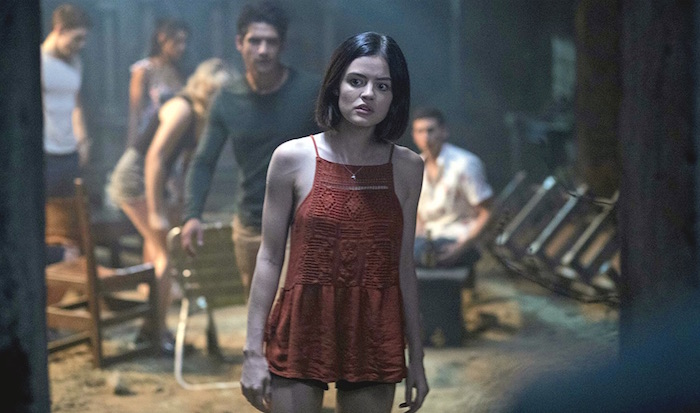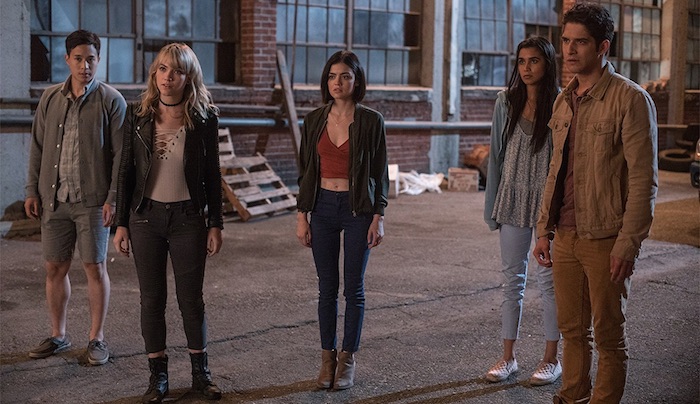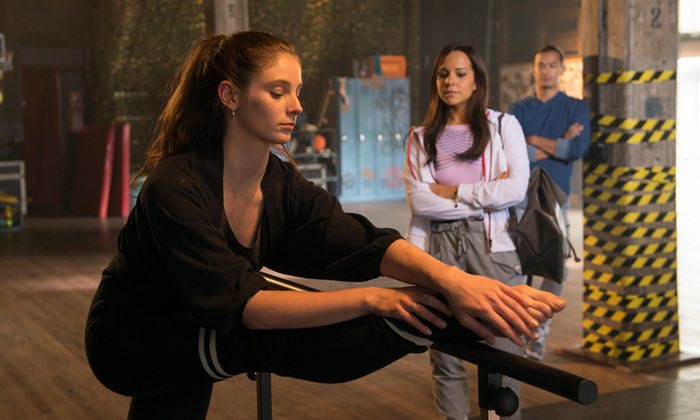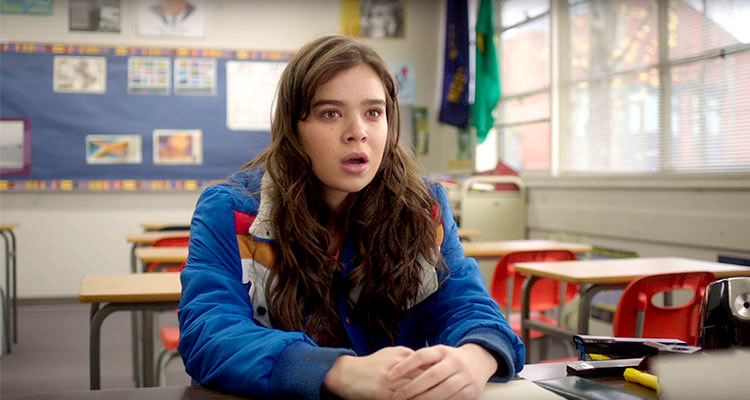THE LEGEND OF THE FIVE
 Tuesday, June 23, 2020 at 7:40AM
Tuesday, June 23, 2020 at 7:40AM
Stars: Lauren Esposito, Gabi Sproule, Leigh Joel Scott, Nicholas Adrianakos, Deborah An, Beth Champion, Eric James Gravolin, Matthew Pritchard and Tiriel Mora.
Writer: Peter McLeod
Director: Joanne Samuel
Rating: ★ ★ ★ ½
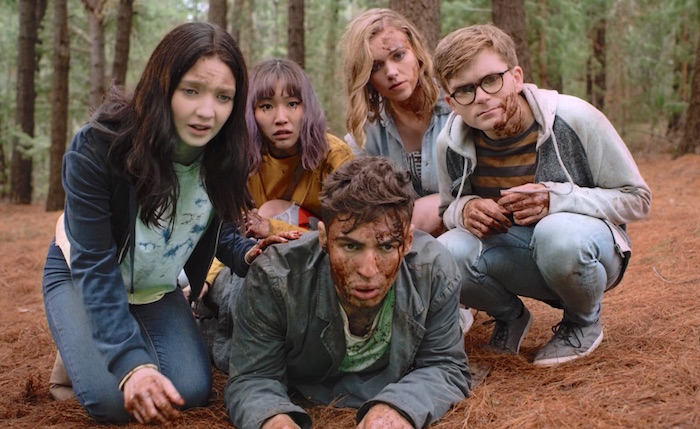
The Breakfast Club go to Ferngully in The Legend of The Five, the new Aussie Y.A. indie romp that leans heavily on the ‘80s teen movie beats to soft-sell a contemporary and urgent environmental message. Director Joanne Samuel and writer Peter McLeod show a lot of respect for their target audience, those socially-aware, issue-driven young people who look to Greta Thunberg in the same way their parents looked to Molly Ringwald.
The core group of characters are a demographically-diverse lot, clearly designed to appeal to as many corners of a modern high-school courtyard as possible. The key protagonist is displaced American Zoe (Lauren Esposito), whose dad has chosen to move to Australia to help cope with the death of Zoe’s mom. A loner at her new school, Zoe crosses paths with perky alpha-girl Caitlin (Gabi Sproule); her jock bf, Javier (Nicholas Adrianakos); dark, arty type Kaylee (Deborah An); and, bespectacled book-worm Brit, Owen (Leigh Joel Scott).
On a school excursion to a museum, the group find themselves in possession of a mystical wooden shaft (introduced in a thrilling prologue, set in 1922 and straight out of an Indiana Jones-type spectacle), that soon hurtles them across space and time into a woodland fantasy realm. Here, an ageing wizard (the great Tiriel Mora) sets their quest in motion - the chosen five are ‘elementalists’, representative of nature’s forces, and they must seek out The Tree of Knowledge (recalling James Cameron’s own enviro-epic, Avatar) and save it from an evil sorceress (Beth Champion) before the forest, then the world, is destroyed.
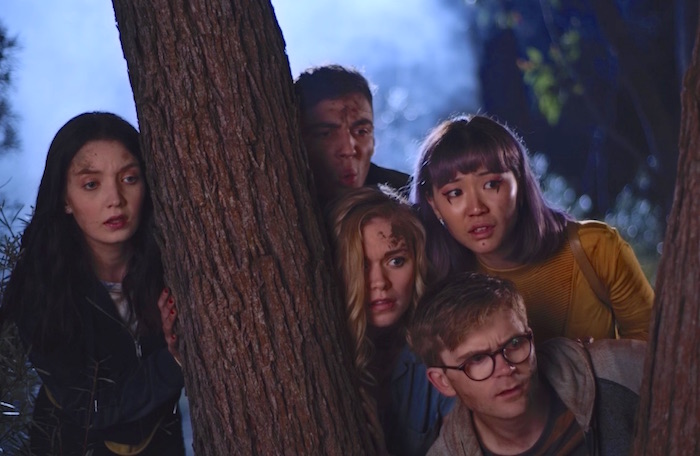
Gen-Xers will have a blast spotting nods to the films of their youth that have provided inspiration for Samuel’s first directorial effort, coming 41 years after she played Max’s wife Jessie in Dr. George Miller’s iconic 1979 actioner, Mad Max. The bickering besties are cast a little older, but they could be The Goonies, or its more fantastical offshoot, Explorers (both 1985). The creatures of the make-believe world (stunningly shot amongst Sydney’s Blue Mountains by DOP Casimir Dickson) recall Ridley Scott’s Legend (1985), Jim Henson’s Labyrinth (1986) and, more recently, Andrew Adamson’s The Chronicles of Narnia: The Lion, the Witch and the Wardrobe (2005).
Where Samuel and McLeod most successfully stake their claim as strong, legitimate voices for the younger generation is in a sequence that takes their characters deep into a darkness where they must confront their own negative selves. The scene highlights teenage fears, jealousies, grief and insecurities in very real terms, utilising the fantasy setting as a means by which to conquer those forces that bear heavily on young minds and emotions.
It is a bold narrative sidestep that adds resonance to a film that might have otherwise played too simplistically for the 13+ age bracket. As it stands, The Legend of The Five is solidly-packaged, all-ages Australian entertainment with strong international prospects.
THE LEGEND OF THE FIVE will play a limited Australian theatrical season from June 25; other territories to follow.
 Australian film,
Australian film,  Fantasy,
Fantasy,  Independent,
Independent,  Teen Movies
Teen Movies 